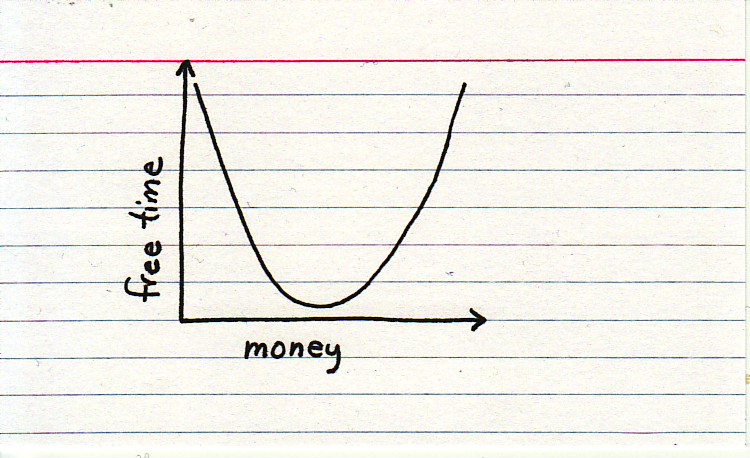
Obama recently spoke at about the financial crisis, calling it a “disaster” and “the American dream in reverse”, and announcing the creation of a “Task Force on Middle Class Working Families” (the TFoMCWF? That wouldn't go down well in particle physics...) headed by Joe Biden, who, as you all recall, is straight outta Scranton. He also claimed that “the strength of economy can be measured directly by the strength of our middle class”, which seems to be a popular cause these days (if you recall, even before the crisis, the years before the election were marked by a deluge of books decrying the death of the America middle class, presumably a group most people feel they're part of).
The real interesting thing, I think, wasn't the creation of the task force, but the fact that the US, whether it thought it was doing so or not, just elected a guy whose actually approves of organized labour.
First of all, he started his speech by stating his privilege to be among the audience, representing "labour, unions, NPOs, and advocates for our business community". Wait a second... labour guys in the White House? Yep, that's right, and it looks like they weren't in the audience.
Here's a mini transcription starting around 6:30 in the clip:
"I also believe we have to reverse many of the policies to organized labour that we've seen these last 8 years. Policies with which I've sharply disagreed. I do not view the labour movement as part of the problem, to me, its part of the solution."
Note the Huge Applause that followed.
Obama goes on to say that "strong, vibrant, growing unions can exist side by side with strong, vibrant, and growing businesses" and that he's going to be signing three executive orders "designed to ensure that federal contracts serve taxpayers efficiently and effectively".
The orders apparenlty do the following:
1) "Prevent taxpayer dollars to reimburse federal contractors who spend money trying to influence the formation of unions."
2) "Require that federal contractors inform employees of their rights under the National Labour Relations Act"
3) Ensure that "qualified employees keep their jobs even when a contrac changes hands"
I guess this could go down as one more example of how Obama is, at least so far (and hey, it's only been 10 days) really a harbringer of "change". But really, his statements on organized labour are so different than anything I've heard out of Washington for a while. If he can walk the walk (and for how long) remains to be seen, but it seem clear that Obama's economic perspective is firmly to the left.
Cue Joe Biden, who began his speech by welcoming organized labour back to the White House and linking the existence of the middle class to formation of unions in the 19th Century (10:30).
Let's just say that you check the video out in its entierty below. Interesting speeches. Again, whe'll have to see if they can hold up to their labour-friendly talk, but these speeches, if they'er to be taken seriously, signal some pretty radical chages for the US.
You can check out their new website here: http://www.whitehouse.gov/strongmiddleclass/










.gif)










